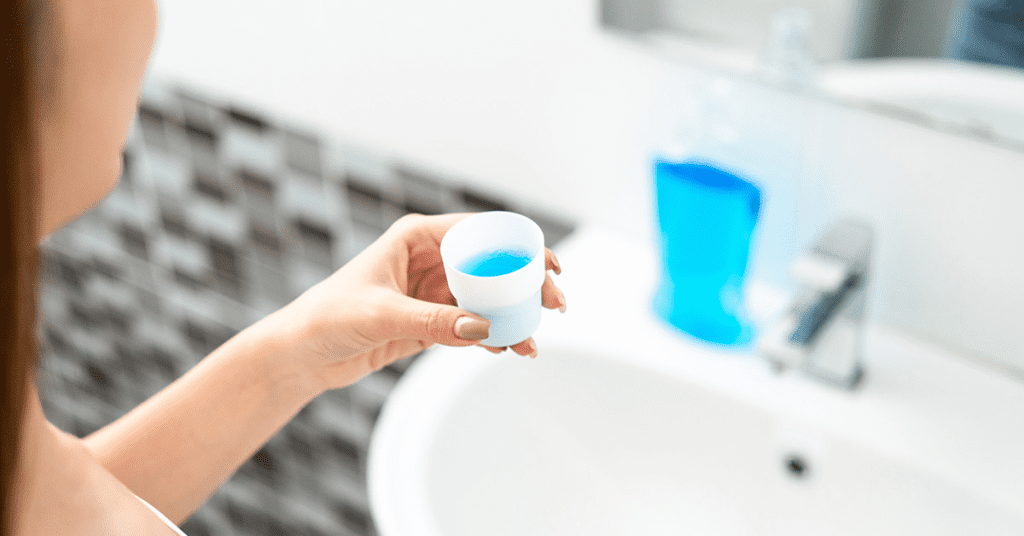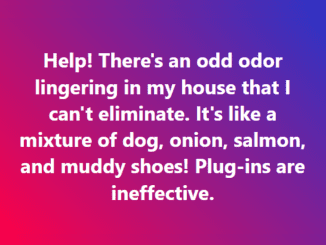Oral hygiene has always been a cornerstone of personal health, but recent expert insights suggest that the way we approach it could use a tweak. Specifically, using mouthwash immediately before or after brushing might not be as beneficial as many believe. According to dental experts, this habit can interfere with fluoride absorption, reducing the effectiveness of toothpaste. Let’s dive into why timing matters and how you can optimize your oral care routine for healthier teeth.
Why Timing Matters for Mouthwash Use

Did you know that using mouthwash right after brushing can wash away the concentrated fluoride left behind by your toothpaste? Dr. Sam Jethwa, a UK-based cosmetic dentist, explains, “The more fluoride that remains on the teeth, the better it is for strengthening enamel.” Fluoride is a key player in protecting your teeth from decay, so interrupting its action by rinsing too soon could weaken its benefits. This small adjustment in your routine can have a significant impact on your oral health.
The Role of Fluoride in Tooth Health
Fluoride isn’t just a buzzword in dental care—it’s a powerhouse mineral that helps prevent cavities and strengthens enamel. Found naturally in water and added to many dental products, fluoride forms a protective barrier against acid attacks from bacteria and sugary foods. Dental professionals recommend toothpaste with 1,350-1,500 parts per million (ppm) of fluoride for optimal protection. By ensuring that fluoride stays on your teeth longer, you can maximize its protective benefits.
Spacing Out Mouthwash and Brushing
To get the most out of your toothpaste’s fluoride, experts suggest spacing your use of mouthwash and brushing by at least 30 minutes. Dr. Zaeem, a dental expert from Ordo, points out that most mouthwashes have lower fluoride concentrations compared to toothpaste. Using mouthwash right after brushing can dilute the fluoride’s effectiveness. For this reason, the NHS also advises against pairing the two activities back-to-back.
Instead, consider using mouthwash at different times, such as after meals or mid-day. This approach freshens your breath and cleans your mouth without undermining the fluoride’s work from brushing.
Mouthwash as a Midday Refresh
Using mouthwash doesn’t have to coincide with brushing. Think of it as a midday refresh rather than a replacement for brushing or flossing. Dr. Jethwa recommends rinsing with mouthwash during lunch breaks, especially after consuming foods with strong odors. This practice can keep your breath fresh and reduce bacteria buildup while allowing the fluoride from your earlier brushing session to do its job.
Debunking Fluoride Myths
Despite decades of use and support from health organizations like the NHS, fluoride has faced its share of misconceptions. Some critics wrongly associate fluoride with harmful effects, but scientific evidence confirms that it’s a safe and effective mineral for all age groups. Understanding fluoride’s role as a naturally occurring cavity fighter can help dispel these myths and reaffirm its importance in your oral care routine.
Steer Clear of DIY Mouthwash Hacks
Social media is rife with DIY oral care hacks, but not all of them are safe. Recipes involving hydrogen peroxide or baking soda may promise whiter teeth or fresher breath, but they can harm your enamel and gums if used improperly. Dr. Jethwa warns, “I cannot stress enough how dangerous this is.” Stick to professionally formulated mouthwashes to avoid unnecessary risks.

Keep Your Toothbrush Fresh
Timing your mouthwash isn’t the only small change that can improve your oral hygiene. Another tip from Dr. Zaeem is to replace your toothbrush or toothbrush head every two to three months. Over time, bristles wear down and become less effective at removing plaque. A fresh toothbrush ensures your cleaning routine stays effective, reducing the risk of plaque buildup and gum disease.
Small Adjustments, Big Benefits
When it comes to oral hygiene, small tweaks can make a big difference. Here are a few actionable steps to improve your routine:
- Avoid mouthwash right before or after brushing to preserve fluoride on your teeth.
- Use mouthwash at alternative times, like midday or after meals.
- Replace your toothbrush regularly to maintain optimal cleaning power.
- Stick to professional products and avoid unverified DIY hacks.
By implementing these habits, you’ll be supporting your enamel’s health, preventing cavities, and maintaining a brighter, stronger smile.

The Bottom Line: Your Oral Health Routine Matters
Your daily oral hygiene routine is more than just a habit—it’s a way to invest in your long-term health. By adjusting when you use mouthwash and making a conscious effort to replace your toothbrush regularly, you can amplify the effectiveness of your efforts. These small changes can help protect your teeth from decay and ensure your smile stays vibrant for years to come.
Think of it like this: oral care is a marathon, not a sprint. By fine-tuning your routine with expert advice, you’re setting yourself up for success. Take these tips to heart, and enjoy the confidence that comes with a healthier, stronger smile!


